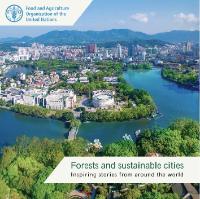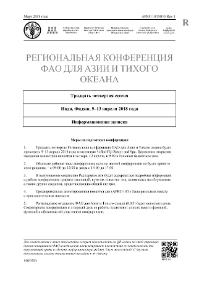Déployer la Grande Muraille Verte d'Afrique
Fiche d'information sur les activités d'Action contre la désertification. Action contre la désertification est une initiative du Groupe des États d’Afrique, des Caraïbes et du Pacifique en appui à l’initiative de la Grande Muraille Verte et aux programmes d’action nationaux de lutte contre la désertification de l’UNCCD, mise en œuvre par la FAO et ses partenaires avec le financement de l’Union européenne.







